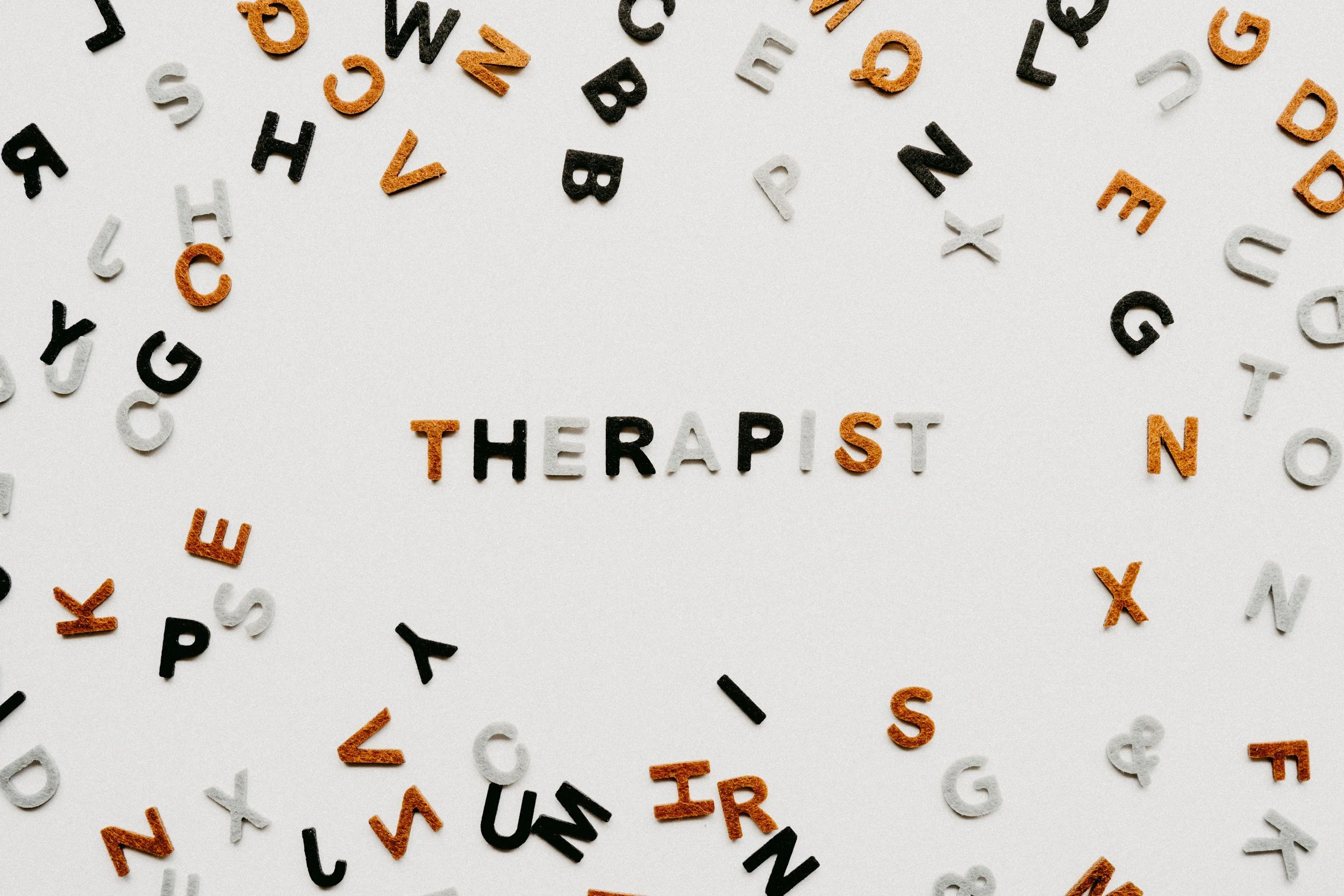How to Pick a Therapist — Because Your Growth Is Too Important to Gamble On
Start Your Journey With Us Now Call 304-270-8179 or Click HERE to text with us
Written By: Undefeated Healthcare Editorial Team
Reviewed By: Chase Butala MS LPC, LCPC
9/23/2025
Choosing a therapist isn’t like picking a restaurant—“Eh, let’s just see what’s nearby.” It’s more like finding someone who so gets you that even your weird metaphors feel honored. Get it right, and therapy can be life-changing. Get it wrong—and, well, you might end up ghosting sessions faster than your most awkward Tinder date.
Why Picking an Inappropriate Therapist Matters (With Some Serious Stats)
Your therapist-client fit isn’t just about warm fuzzy feelings—it’s a core predictor of therapy success. Research shows that qualities like empathy, collaboration on goals, and a strong emotional bond—collectively called “common factors”—can account for 30% to 70% of therapy outcome variance; in contrast, the actual therapeutic approach (e.g., CBT vs. psychodynamic) accounts for less than ~1% of the difference.
Furthermore, when clients feel heard and connected from the very first session, they’re more likely to improve—whereas poor early alliance often predicts dropout. Indeed, some studies report that 40–60% of clients quit therapy after just two sessions, usually because they didn’t feel that “click.”
So yes—finding the right therapist is crucial. It’s not superficial—it’s survival for your personal growth.
1. Common Factors People Consider (Besides Cute Office Décor)
Here are the main elements folks typically weigh when selecting a therapist:
Credentials & Training. Yes, pick someone legit: licensed, accredited, with the right degree (e.g., LCSW, MFT, PhD/PsyD). But remember, training only enables effectiveness—not guarantees it.
Therapeutic Alliance & Empathy. The bond between client and therapist—built on trust, agreement on goals/tasks, and empathy—is the powerhouse factor in successful outcomes.
Cultural Fit & Demographics. A therapist who “gets” your background—whether that’s race, gender, age, LGBTQ+ identity, language, or worldview—months ahead is priceless.
Logistics & Practicalities. Location, cost (insurance, sliding scale, etc.), availability, in-person vs teletherapy—these matter. If appointments are a logistical nightmare, motivation drains fast.
Specialties & Approach. Maybe you’re seeking CBT for anxiety, trauma-informed work, couples counseling, or LGBTQ+ affirmative therapy—pick someone skilled in that arena.
2. Where People Look for the Right Therapist
• Therapist directories like Psychology Today, APA, or employer/insurance networks—many allow filters for identity, specialty, location, fees, telehealth options.
• Referrals from friends, primary care providers, or trusted professionals—sometimes the human algorithm knows best.
• Online therapy platforms offering flexibility and broader reach. One service even likens finding a therapist to dating—because the match (and chemistry) matters.
• Community clinics, university training clinics, sliding-scale counselors—great for affordability.
3. Training vs. Relationship Skills: What to Value More?
In therapy, a shining CV doesn’t always mean you’ll shine together. A PhD without warmth? Eh. A warm good-fit person without advanced credentials? Potentially golden. Ideally, you want someone with both—but prioritize connection, empathy, and alignment. Research underscores common factors (relationship-based) far outweigh technique differences.
4. Should Demographics (Gender, Age, Identity) Matter?
If you’d resonate more with someone who’s walked a similar path, chances are—you should consider that. Therapists who share or deeply understand your background can help you feel less “othered” in the therapy room:
• LGBTQ+ folks often benefit tremendously from queer-affirming therapists.
• Cultural and linguistic alignment improves comfort and communication.
• Age alignment? Sure—you might vibe more with someone you see as peer-of-mind, not grandparent-of-mind.
6. Consultations: Your Therapy Interview Process
Think of these initial sessions not as blind commitment but as interviews—tests of chemistry, comfort, and competence:
• Ask about training: licensing, credentials, areas of expertise.
• Discuss approach: What modalities do they use? How do they track progress? What if things aren’t improving?
• Probe them gently: “What’s your favorite type of client?” “How do you handle feedback?” “If I push back, would you hide under the couch or lean in?” (Okay, maybe quicker: “How do you handle clients pushing back?”)
• Assess warmth: Do they empathize? Do you feel heard? Alliance starts now.
• Logistics check: Are sessions too costly or inconvenient? Can we work on weekends or evenings? Do you take insurance or offer sliding scale?
• Trust your gut: If you’re thinking, “They just don’t vibe,” honor that—and move on if needed.
Final Thought
Picking a therapist isn’t a “set it and forget it” deal—it’s a personal partnership that demands compatibility, trust, and mutual respect. When you find that person—the one who makes your weird jokes land, meets your needs, and guides your growth—it’s magic. Until then? Be picky. Your mental well-being deserves no less.


